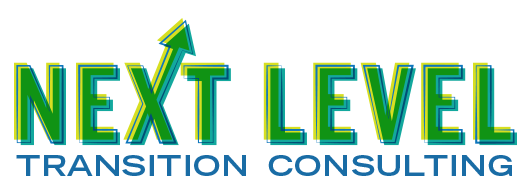Failure is part of the learning process. Don’t be afraid of it, embrace it. The most important thing to do is to get back up again. Confucious said, “Our greatest glory is not in never failing, but in rising every time we fail.” I read recently that some companies actively look for employees who have great failures in their backgrounds along with great successes. The rationale is that these are people who are willing to take risks and who have the flexibility and the capacity to learn from their failures. It’s not fun to fail though, and it’s hard to…
Affirmative Speech
When speaking to managers or co-workers about what you need to learn, remember to focus on the way you learn, not the way you don’t.
Follow these helpful tips to get the help you need to perform at your best.
1) Emphasize your learning style, not your learning differences
2) Stay away from negative terms (e.g., can’t, won’t, not able, bad, etc.)
3) Speak using affirmative terms (e.g., can, will, I do, good, better, etc.)
What to say:
I learn best when I am given clear examples, and sometimes, I need to write things down. What can I do to fit this perspective into your management style.
What not to say:
I don’t understand when you give me vague instructions and speak too fast for me to write things down.
When you speak using affirmative terms, you are showing a commitment to being successful. This, in turn, makes managers and co-workers more likely to be open to accommodating your work needs.
Affirmative speech leads to affirmative action. In other words, the more you use affirmative and confident language, the more you will start to believe in your abilities. Believing in what you can do is the first step on the path to success.
Challenge yourself by keeping track of the affirmative statements you make today. Then, set a goal to increase that number each day until speaking affirmatively is a regular part of your everyday vocabulary.
Don’t just believe you can be successful; speak it into existence!
